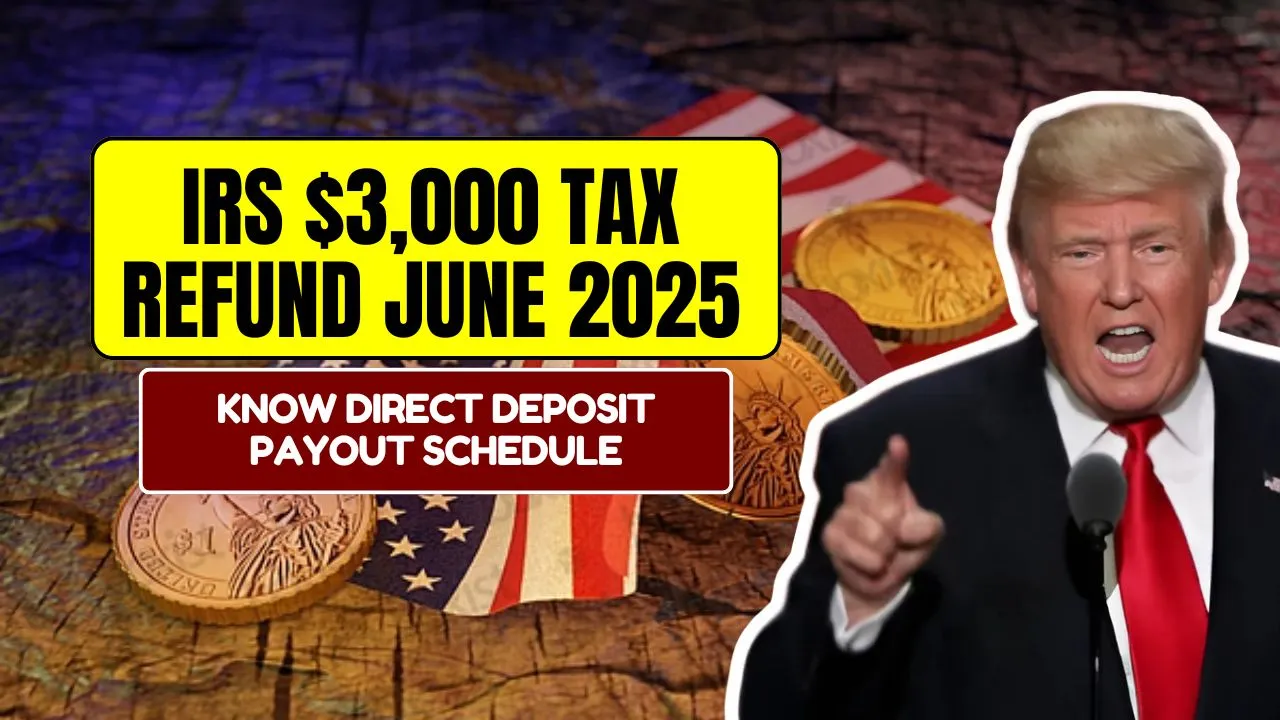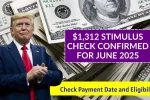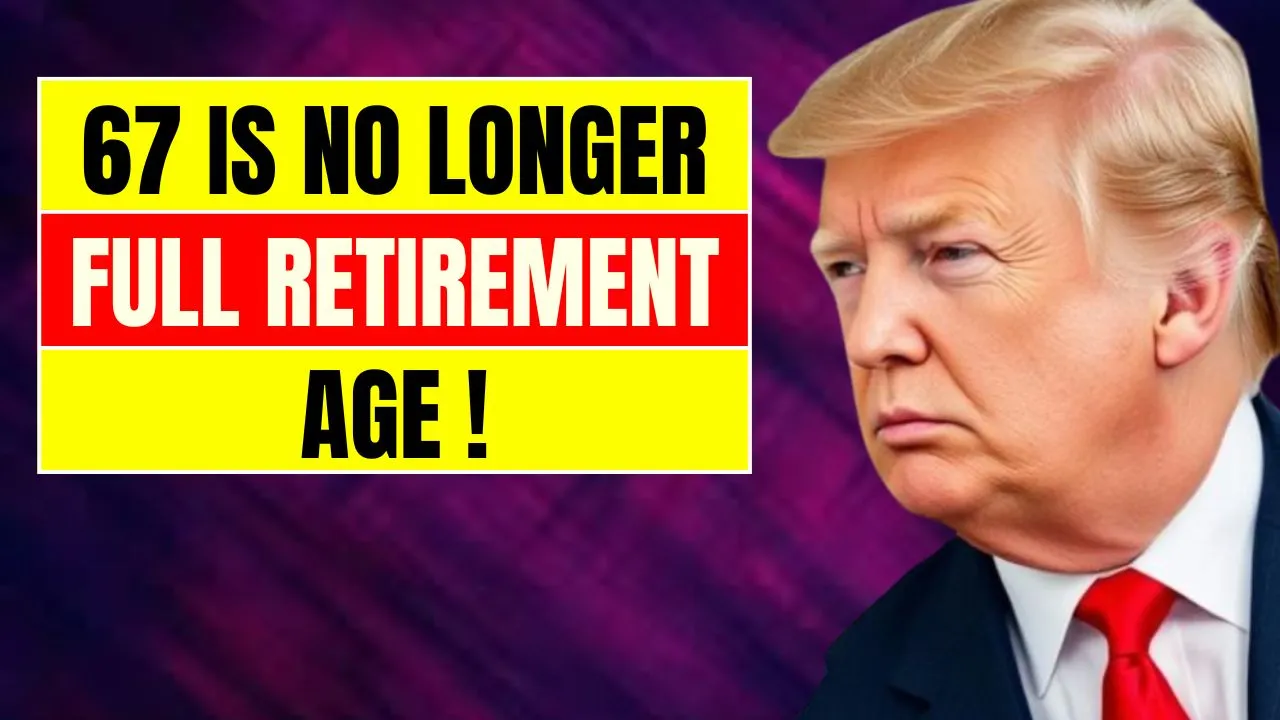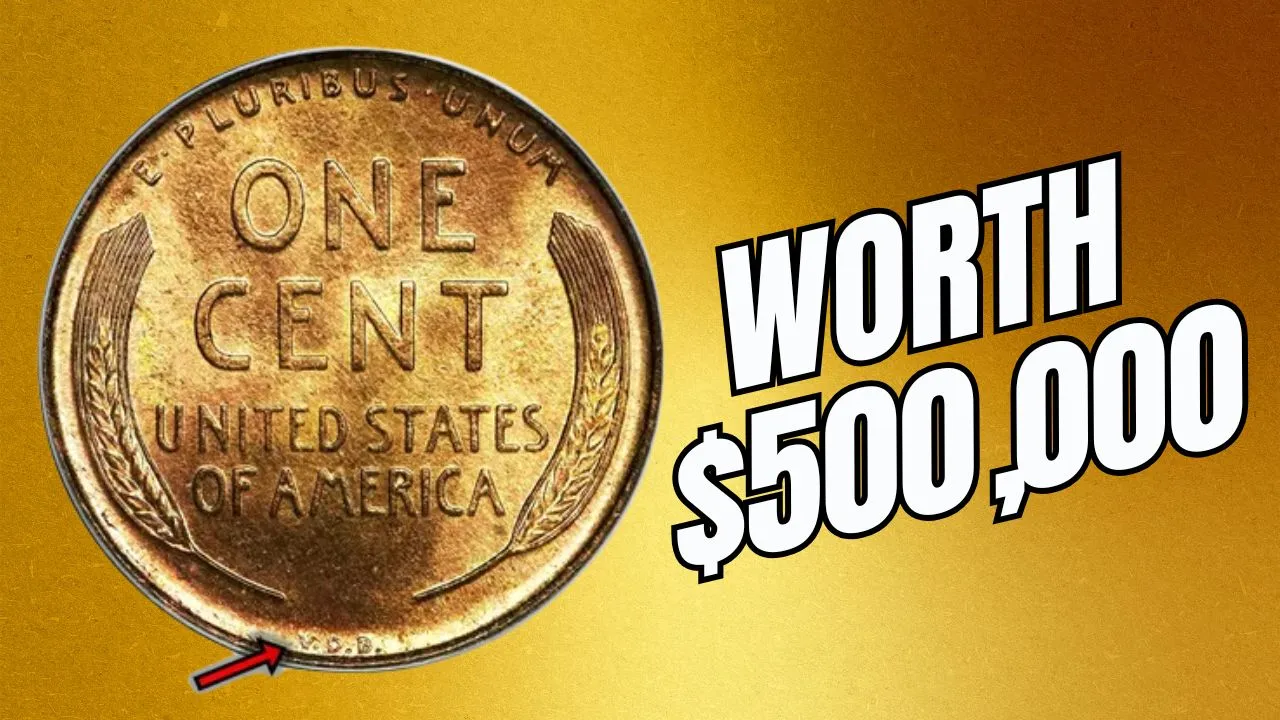IRS $3000 Tax Refund June 2025: Many families are breathing a sigh of relief as the IRS $3,000 Tax Refund June 2025 draws near. Inflation and rising living costs mean extra cash from Uncle Sam can make a big difference. This isn’t a one-time stimulus—it’s money you’ve already earned through overpaid taxes or refundable credits. The IRS has confirmed that qualifying taxpayers could receive up to $3,000, with direct deposits starting in late May and extending through July. This refund offers timely financial support and helps many manage bills, savings, and everyday expenses.
IRS $3,000 Tax Refund June 2025
The IRS $3,000 Tax Refund June 2025 is designed for Americans who submitted their 2024 tax returns by the April 15 cutoff. Many households will see the full amount if they qualify for refundable credits like the Earned Income Tax Credit (EITC) or Child Tax Credit (CTC), or overpaid through withholding. Most taxpayers can expect a refund between $2,500 and $3,000. Getting your refund early often comes down to filing online and choosing direct deposit.
Overview Table
| Category | Details |
| Maximum Refund | Up to $3,000 |
| Tax Year | 2024 |
| Filing Deadline | April 15, 2025 |
| Distribution Window | May 22 – July 25, 2025 |
| Accepted Filing Methods | E-file or Paper File |
| Delivery Options | Direct Deposit or Paper Check |
| Average Refund Amount | Around $2,939 |
| Common Refund Sources | Overpaid Tax, EITC, Child Tax Credit |
| Tracking Tool | “Where’s My Refund?” on IRS.gov |
What Is the IRS $3,000 Refund?
This refund is simply money already paid in—through payroll withholding or refundable tax credits. You won’t get more than you’re owed, but those eligible for significant credits could see nearly the full $3,000. The IRS is issuing these refunds as a way to return overpayments, not as part of any new aid program.
IRS Refund Program: Key Details
Here’s what you need to know about the refund:
- Administering Agency: IRS
- Eligible Refund: Up to $3,000
- Tax Year: 2024
- Refund Schedule: May 22 – July 25, 2025
- Filing Options: Electronic or Paper
- Payment Methods: Direct Deposit preferred, otherwise paper checks
- Average Refund: $2,939
- Main Credits: EITC, CTC
Who Is Eligible for the Refund?
To benefit from the IRS $3,000 Tax Refund June 2025, you must:
- File your 2024 tax return by April 15, 2025
- Report accurate income, deductions, and credits
- Overpay federal tax or qualify for refundable credits
- Provide correct bank account details if choosing direct deposit
Online filers opting for direct deposit are most likely to receive the refund early.
Refund Payment Timeline
Your refund date depends on when and how you filed:
Returns Filed May 1–15
| Filing Method | Direct Deposit | Paper Check |
| E-file + Direct Deposit | May 22–June 4 | — |
| E-file + Paper Check | — | May 29–June 11 |
| Paper Filing | — | June 26–July 10 |
Returns Filed May 16–31
| Filing Method | Direct Deposit | Paper Check |
| E-file + Direct Deposit | June 6–19 | — |
| E-file + Paper Check | — | June 13–26 |
| Paper Filing | — | July 11–25 |
Average Refund in 2025
The current average refund is $2,939, and while it’s close to the maximum, your exact amount depends on your income, withholdings, dependents, and credits claimed. Filing correctly ensures you’re not missing out on any benefits.
E-filing vs. Paper Filing
E-filing with direct deposit is the fastest, with typical turnarounds of 2–3 weeks.
Paper filing can take 4–8 weeks due to mail processing and manual handling. If you’re aiming for a quick refund, e-filing is the smarter route.
How to Track Your Refund
Use the “Where’s My Refund?” tool on IRS.gov. You’ll need:
- Social Security number
- Filing status
- Exact refund amount
The tracker displays progress in three steps: Return Received → Refund Approved → Refund Sent.
Common Reasons for Delays
Several factors can slow your refund:
- Mistakes on your return
- Missing or mismatched personal information
- Incorrect direct deposit or mailing address
- IRS verification for unusual items or credits
- Backlog of paper returns
If your refund hasn’t arrived after the expected window, check the tracker and contact the IRS or your tax preparer if needed.
Tips to Get Your Refund Faster
- File Early – Don’t wait until the last minute
- Use E-file – Digital filing boosts speed
- Choose Direct Deposit – Avoid mail delays
- Double-Check Details – Prevent errors that cause hold-ups
- Monitor Progress – Track your refund online
FAQs
1. Is this $3,000 a new stimulus?
No. It’s a standard refund issued for overpayment or refundable credits.
2. Do I need to apply separately?
No—just file your return and request direct deposit if preferred.
3. What if I filed late?
Expect delays; paper refunds can go out as late as late July.
4. Can I claim missed credits later?
Yes—file an amended return (Form 1040-X), although it may take longer to process.
5. Why did someone else get paid already?
They likely filed earlier via e-file with direct deposit, which speeds up refunds.
Final Thoughts & Call to Action
The IRS $3,000 Tax Refund June 2025 is a timely opportunity to reclaim money you paid in or claimed as credits. To maximize your refund and get it quickly:
- File returns early
- Choose e-file and direct deposit
- Track progress with IRS tools
- Check all your info carefully
When the refund hits, consider using it to reduce high-interest debt, add to your emergency savings, or cover essential bills. Better yet, use it to invest in your financial health.
Take action now: file early, double-check everything, and use the IRS tracker to confirm your refund. Share this guide with friends and family so everyone can get their money on time. Here’s to a smoother, stronger financial summer!
















